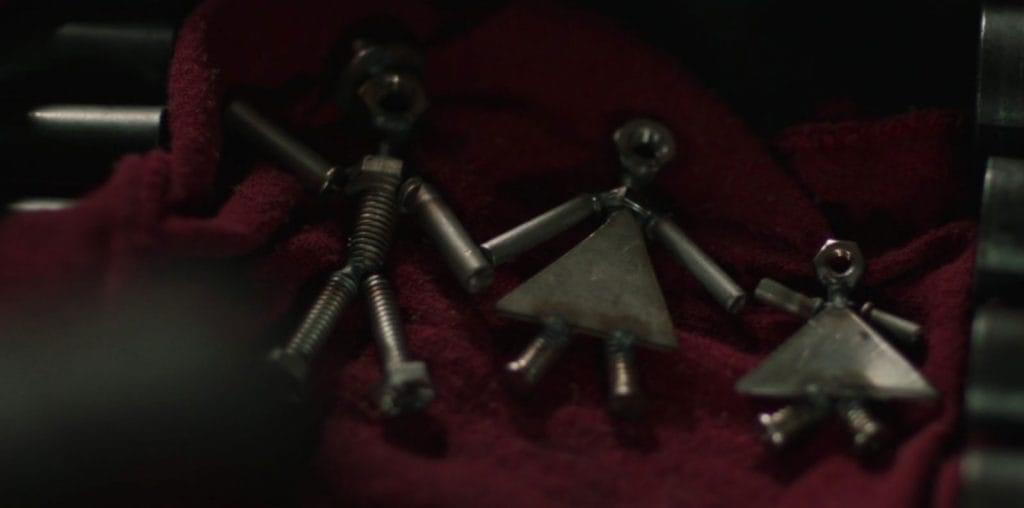
David Heine’s documentary provides an overview on an innovative program that mixes agriculture with social services care.
Beginning in 1988, the government of the Netherlands has been financing a “care farm” program that enables individuals with developmental disabilities and mental health concerns to be employed on small farms. The rural environment, with its fresh air and abundance of domesticated farm animals, appears to have a therapeutic value for those in the program. The film shows how the care farms encourage teamwork, build self-esteem and develop skills that offers a physical and emotional strengthening for the program participants, who range from young autistic children to elderly Alzheimer patients. It also builds a degree of agricultural self-reliance within the Netherlands – farm owners are paid with funds that were previously designated for day care centers that previously warehoused the program participants.
The success of the Dutch example has been noticed across Europe, and other countries on the continent have created their own programs. However, the film notes that the U.S. appears to be more focused on the development of pharmaceutical strategies, which often create more problems than solutions. Of course, there is a significant cultural difference between the progressive Dutch government and its bureaucratic American counterparts, and it seems unlikely that Washington will immediately embrace this low-cost, farm-friendly program.
Still, American medical professionals and agricultural leaders should take a look at this intriguing film – there appears to be a great deal that can be harvested here.

